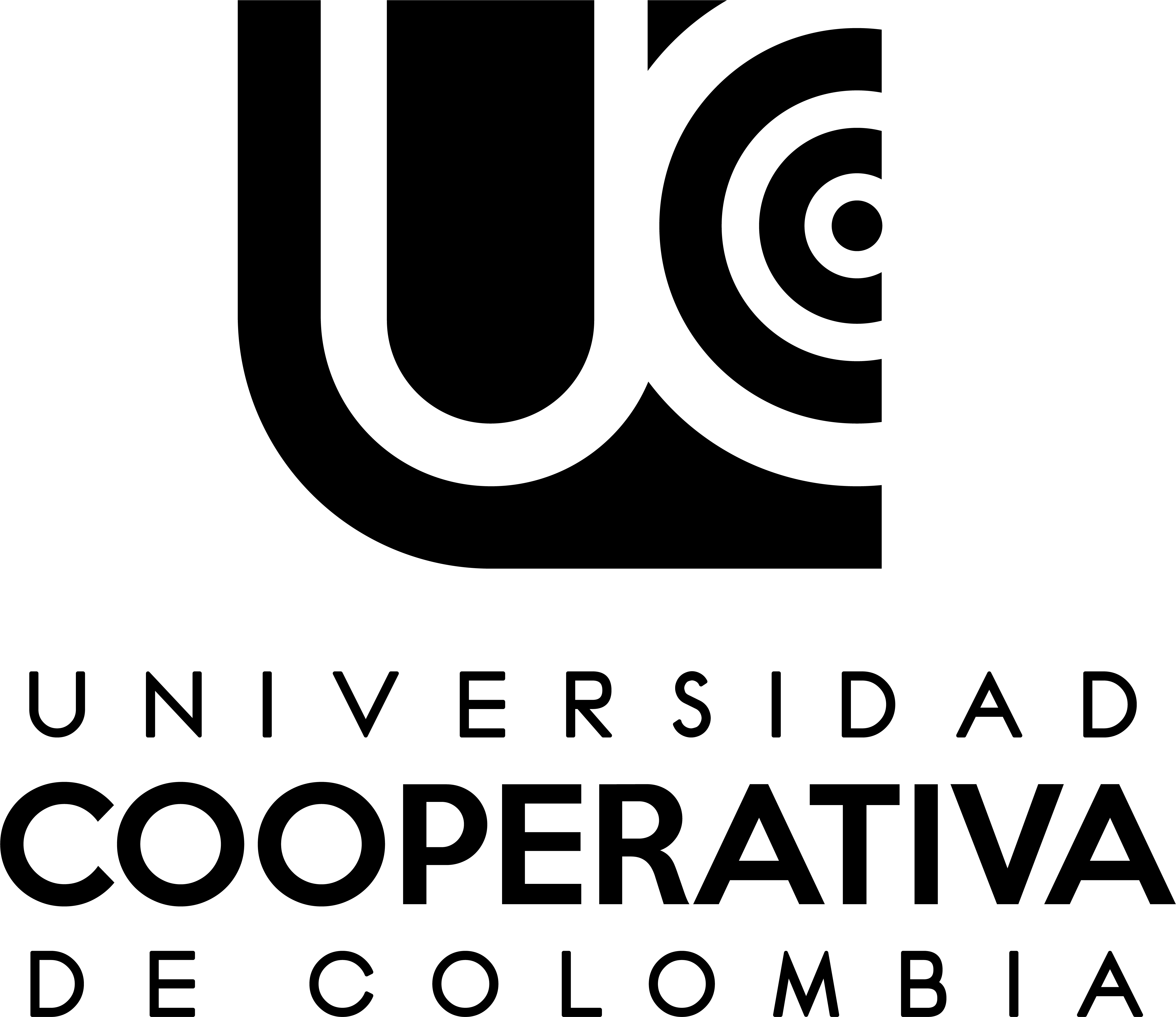Effect of new generation Ftas onsustainable product innovation : empirical evidence fromvietnamese listed textile firms
Introduction: The covid-19 pandemic has significantly changed consumption habits, with by cutting unnecessary spending on fashion products, and focusing on sustainable products. Therefore, greener textile innovation is currently a rapidly growing trend, bringing new sales and flexible production capabilities. The article presents impact of new generation FTA like EVFTA, CPTPP on sustainable textile product innovation.
Problem: Greener production is dominant in several export industries. After the Covid-19 pandemic shifting from fast fashion to sustainable fashion is more and more changing.
Objective: The aim of this study is to examine impact directly as well as indirectly the relationship between FTA expectation on SPIC via 2 mediating variable such as environmental regulation and CEO’s perception.
Methodology: The study is exploratory research, it was modeled using PLS-SEM to test the relationships in the model.
Results: Both Environment Regulation and CEO's perception play an important role as partial mediation in the relationship between FTA expectation and sustainable product innovation capability.
Conclusion: This project seeks to generate a change in the behavior of the use towards efficiency and modification of user practices to favor the sustainability standard of the textile and garment firm.
Originality: Through this research, integrated and sustainable textile and garment management strategies are formulated for green marketing strategies in Vietnam.
Limitations: The lack of information provided by the municipality and access to the sampling points.












